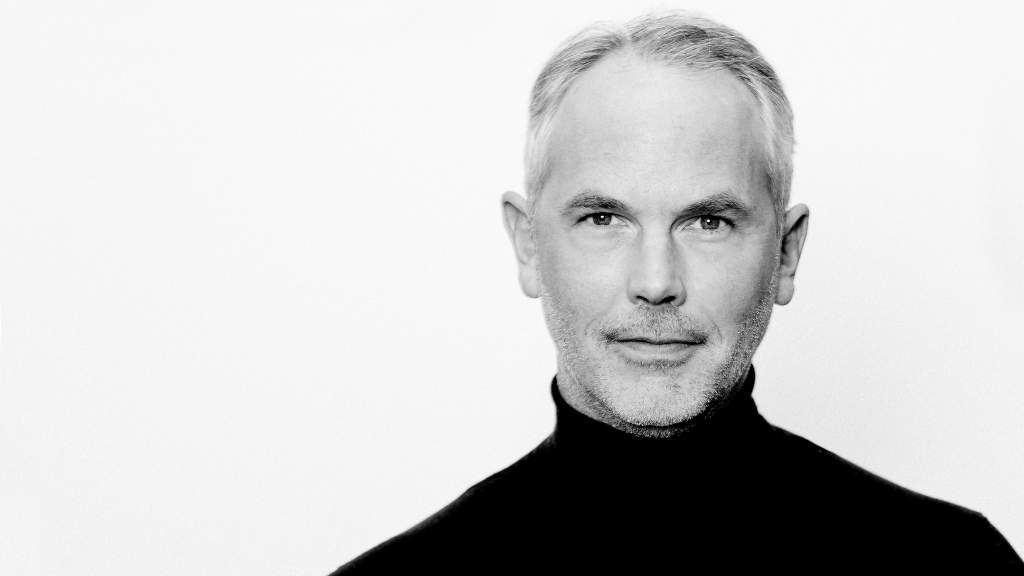Was verändert sich im Blickwinkel: Karriere oder künstlerische Tätigkeit?
Früher haben sich die Menschen die Frage nach der Sinnhaftigkeit ihrer Tätigkeit ein- oder zweimal im Leben gestellt, wenn umfassende Veränderungen anstanden. Heute stellen wir uns die Frage immer wieder – wenn wir überlegen, uns zu verändern oder aber auch, wenn wir besonders erfolgreich sind. Dieser Artikel beschreibt für mich sehr plastisch, was uns im beruflichen Kontext glücklich macht und was sich im “Morgen” verändert hat.
By Gianpiero Petriglieri, read at HBR Blog Network
Turn Your Career into a Work of Art
Whose life am I living? I’m sure you ask yourself that kind of question from time to time. What am I really good at? What is the purpose of my work?These are not new questions. Sooner or later, we all seek answers to them.
Whose life am I living? I’m sure you ask yourself that kind of question from time to time. What am I really good at? What is the purpose of my work? These are not new questions. Sooner or later, we all seek answers to them.
Up to three or four decades ago, most people struggled with such questions once or twice in their lives. When they chose their line of work, or when they resolved to break from the expectations of their family.
Today, fundamental questions of identity and purpose are no longer a once or twice-in-a-lifetime occurrence. Many of us face them again and again. Not only when we are struggling, but, paradoxically, when we are succeeding.
That’s because the better you do, the broader the range of opportunities you have. You no longer just get to move up, you get to move around. You are exposed to different opinions, worldviews, and lifestyles. You become keener to look for work that grants you more than sustenance and recognition. Work that allows you to feed your passions, express yourself and serve a larger cause.
Today’s careers are no longer ladders. They are more like works of art.
In this context, what does it mean to succeed? What does it take to thrive?
First, you need a foundation of knowledge and skills. You can’t be Picasso if you can’t handle brushes. Second, you need to use those skills to express something that is both deeply personal and that resonates with an audience.
Success in art is not just making a living, or being famous and acclaimed. Those are consequences. Success is moving and being moved. It is opening vistas. Unsettling the status quo. Peeking beneath the veil of convention.
Making art is not an artist’s job. It is an artist’s life. This is why it is exciting. But it also creates anxiety, and second-guessing. Putting your passion on display can be scary. How do you know what is your true passion? What if your work is ignored, derided or misunderstood?
In my research and leadership development work, I witness the same mixture of excitement and anxiety among people who aspire to craft careers centered on their passion. Especially when they are faced with the prospect of becoming a “leader.” It is as if leading in a world in flux amplifies the dilemmas of living in a world in flux.
We expect leaders, more than anyone else, to express their authentic concerns and desires and, at the same time, to give voice to the concerns and desires of those they aspire to lead. We expect them to be fully committed to a purpose and community — but also to be constantly pushing for change.
